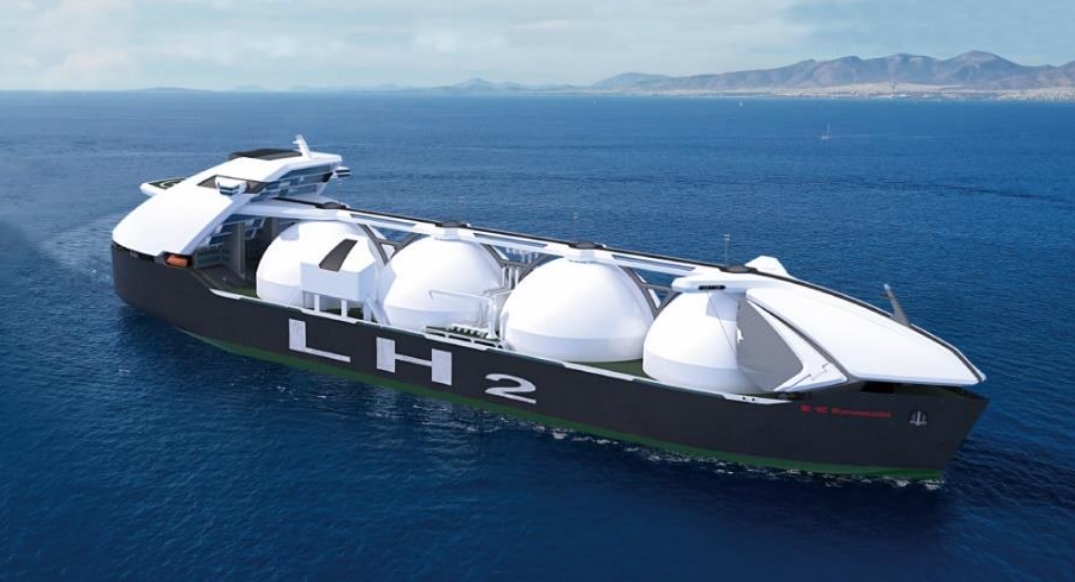On September 12 2023, Japan Suiso Energy, Ltd. (JSE)*, and three Japanese shipping companies, Kawasaki Kisen Kaisha, Ltd. (“K” LINE), Mitsui O.S.K. Lines, Ltd. (MOL), and Nippon Yusen Kabushiki Kaisha (NYK), have agreed to join JSE Ocean, Ltd. (JSE Ocean), a subsidiary of JSE. JSE remains the majority shareholder with 50.2% of stock, whilst the shipping companies hold 16.6% each.

Hydrogen in Japan
The expectation for hydrogen as a clean energy is increasing worldwide as we strive to achieve a decarbonized society. Japan’s Basic Hydrogen Strategy, revised by the Japanese government in June 2023, identifies hydrogen as the alternative to fossil fuels as it targets decarbonisation. In the Strategy Japan commits to a target of 3 million tons/year of hydrogen by 2030, 12 million tons/year by 2040, and 20 million tons/year by 2050.
The target hydrogen supply cost is approximately JPY30 /Nm3 in 2030 and JPY20 /Nm3 in 2050 at the point of arrival in Japan. To achieve these price and volume targets, and create a secure global supply chain, transport by ship is crucial.
Background In August 2021, Japan’s New Energy and Industrial Technology Development Organisation (NEDO), allocated a grant from the Japanese government’s Green Innovation Fund to JSE, Iwatani Corporation and ENEOS Corporation for the “Liquefied Hydrogen Supply Chain Commercialization Demonstration Project”.
In this project, JSE will establish the world's first large-scale hydrogen liquefaction and transportation technology, involving an initial 30,000 tons of hydrogen per year before upscaling. JSE will also demonstrate a comprehensive and reliable global liquefied hydrogen (LH2) supply chain, covering hydrogen production, liquefaction, export from Australia, marine transportation, and import.